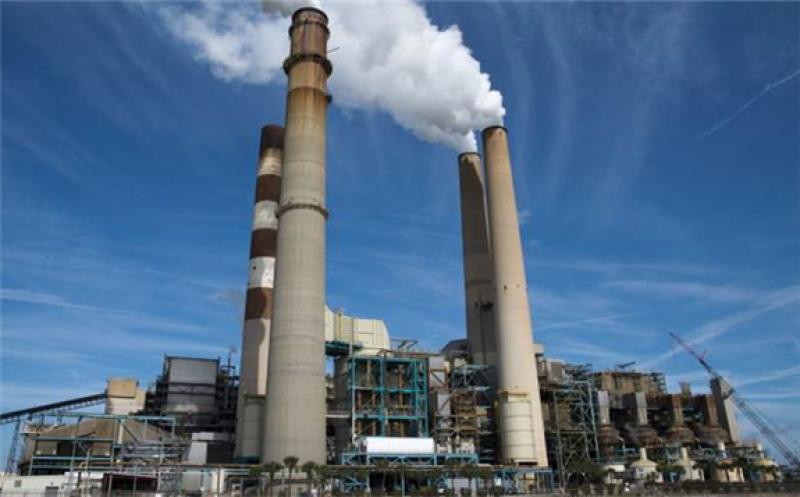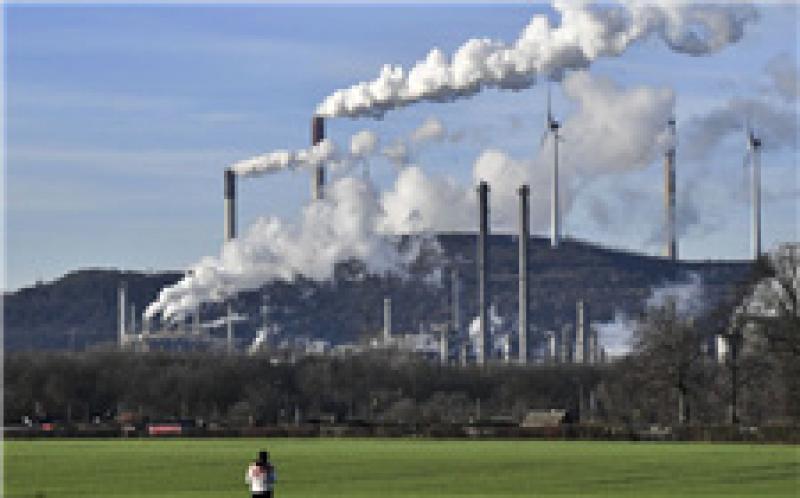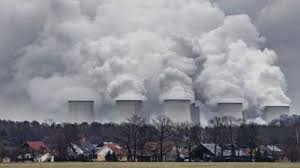Global carbon dioxide emissions from fossil fuels and industry are expected to grow slowly in 2019 due to a decline in the use of coal, according to a study by Global Carbon Project. However, a separate report from the Economist Intelligence Unit (EIU) suggests the increasing use of renewables in 2020 will not be sufficient to meet targets set in the Paris Agreement on climate change.

The Big Bend coal-fired power plant in Florida (Image: Pixabay)
CO2 emissions are expected to rise by 0.6% worldwide in 2019, down from a 2.1% rise in 2018, says the Global Carbon Project, an international research project within the Future Earth research initiative on global sustainability. Global CO2 emissions from coal use are expected to slow to 0.9% in 2019, while emissions from oil are expected to slow to 0.9% this year. However, emissions from natural gas use are expected to grow 2.5% in 2019.
"The recent growth in low-carbon technologies (solar, wind, electric vehicles) have, at best, only slowed the growth in global fossil fuel emissions," the 2019 Global Carbon Budget report says. "The world is still far from seeing the aggressive emission reductions necessary to be in line with the 'well below 2°C' global warming limit set out by the Paris Agreement to avoid the worst impacts of climate change."
While global energy demand is forecast to rise by just 1.4% next year, energy consumption from non-hydro renewables will jump by 14%. Such renewable sources will account for two-thirds of the new power generation capacity that comes online in 2020, the EIU's Energy in 2020 report says. The use of coal is predicted to drop by 0.2% in 2020, compared with 2019, while the use of natural gas will increase by 2.6% and oil by 1.1%. Consumption of energy from nuclear power plants will increase by 1.9% next year, slightly less than hydro at 2.2%.
"Higher deployment of wind and solar power will drive rapid year-on-year growth in renewables consumption during the coming year, outpacing growth in the use of fossil fuels," according to the EIU. "Falling costs (especially for solar photovoltaic technology and offshore wind), the use of competitive auctions and favourable policy environments in many key markets, including India, will contribute to the strong growth in renewables consumption in 2020."
Peter Kiernan, chief energy analyst at EIU, said: "Even so, global energy supply is still a long way from being decarbonised. The world will still depend mainly on fossil fuels in 2020, with rising use of natural gas and oil more than compensating for a slight decline for coal."
Renewable energy sources alone are not capable of fully decarbonising the economy, but they can complement nuclear energy in achieving this goal. The nuclear industry, led by World Nuclear Association, has set the Harmony goal for nuclear energy to provide 25% of global electricity by 2050. This will require trebling nuclear generation from its present level. Some 1000 GWe of new nuclear generating capacity will need to be constructed by then to achieve that goal. The Association has identified three requirements to achieve this: a level playing field that values reliability and energy security; a harmonised nuclear regulatory environment; and a holistic safety paradigm for the entire electricity system.







